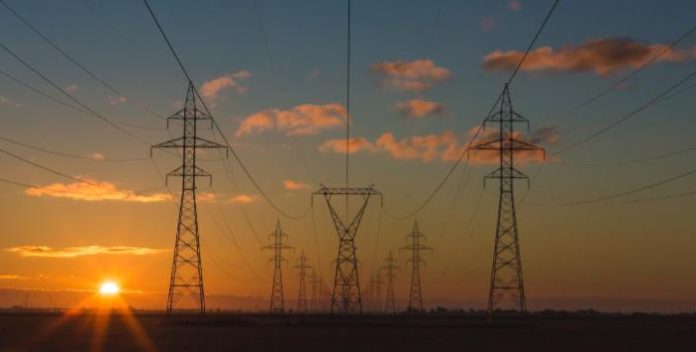The International Energy Agency (IEA) suggests that global demand for electricity is growing faster than expected, which may make it harder to control climate change, according to bne IntelliNews.
Electricity consumption has grown twice as fast as overall energy demand over the past decade. Two-thirds of the global growth in electricity demand over the past 10 years has come from China, according to the IEA.
Electricity consumption will accelerate six times faster than total energy consumption between 2023 and 2035, analysts warn. However, more than half of the world’s electricity will be generated from low-emission sources by 2030 and demand for all three fossil fuels will peak by the end of the decade, the agency said in a new report, World Energy Outlook 2024.
IEA executive director Fatih Birol said:
The prospect of more ample – or even surplus – supplies of oil and natural gas in the latter half of this decade, depending on geopolitical developments, could shift us into a very different energy landscape from the one we have experienced during the global energy crisis.
Although clean energy is being adopted at an unprecedented rate, the rate of adoption varies by technology and region, Birol has noted.
In previous World Energy Outlooks, the IEA made it clear that the future of the global energy system is electric – and now it is visible to everyone,” continued Dr Birol. “In energy history, we’ve witnessed the Age of Coal and the Age of Oil – and we’re now moving at speed into the Age of Electricity, which will define the global energy system going forward and increasingly be based on clean sources of electricity.
Evolving energy landscape
The report also emphasises the need for governments and consumers to make important decisions as the energy landscape evolves. The report notes that geopolitical tensions are exposing vulnerabilities in the current energy system, highlighting the need for stronger policies and investment in cleaner technologies.
Global CO2 emissions from electricity increased by 20 per cent between 2010 and 2023, and clean energy is simply not keeping pace with growing demand, according to the IEA. The agency is calling for a new energy system that prioritises security and sustainability while ensuring that the benefits of clean energy are widely shared.
Challenges remain, especially in developing regions where high financing costs and project risks prevent the diffusion of cost-effective clean technologies. 750 million people are without electricity and more than 2 billion are without clean cooking fuels.
The IEA results highlight the critical need for global co-operation to accelerate the transition to sustainable and secure energy systems.
